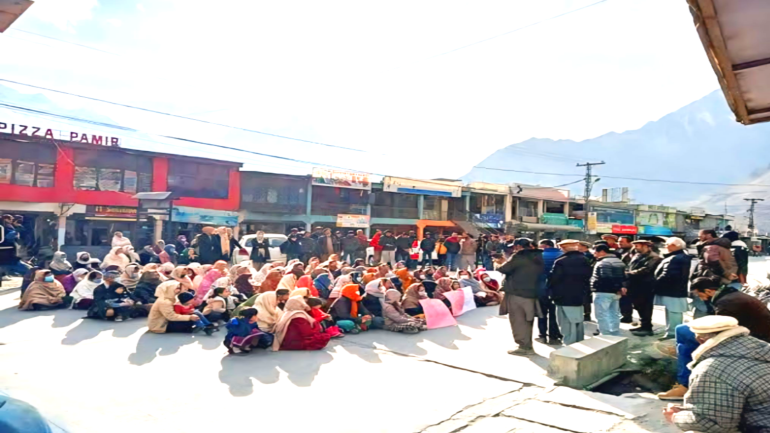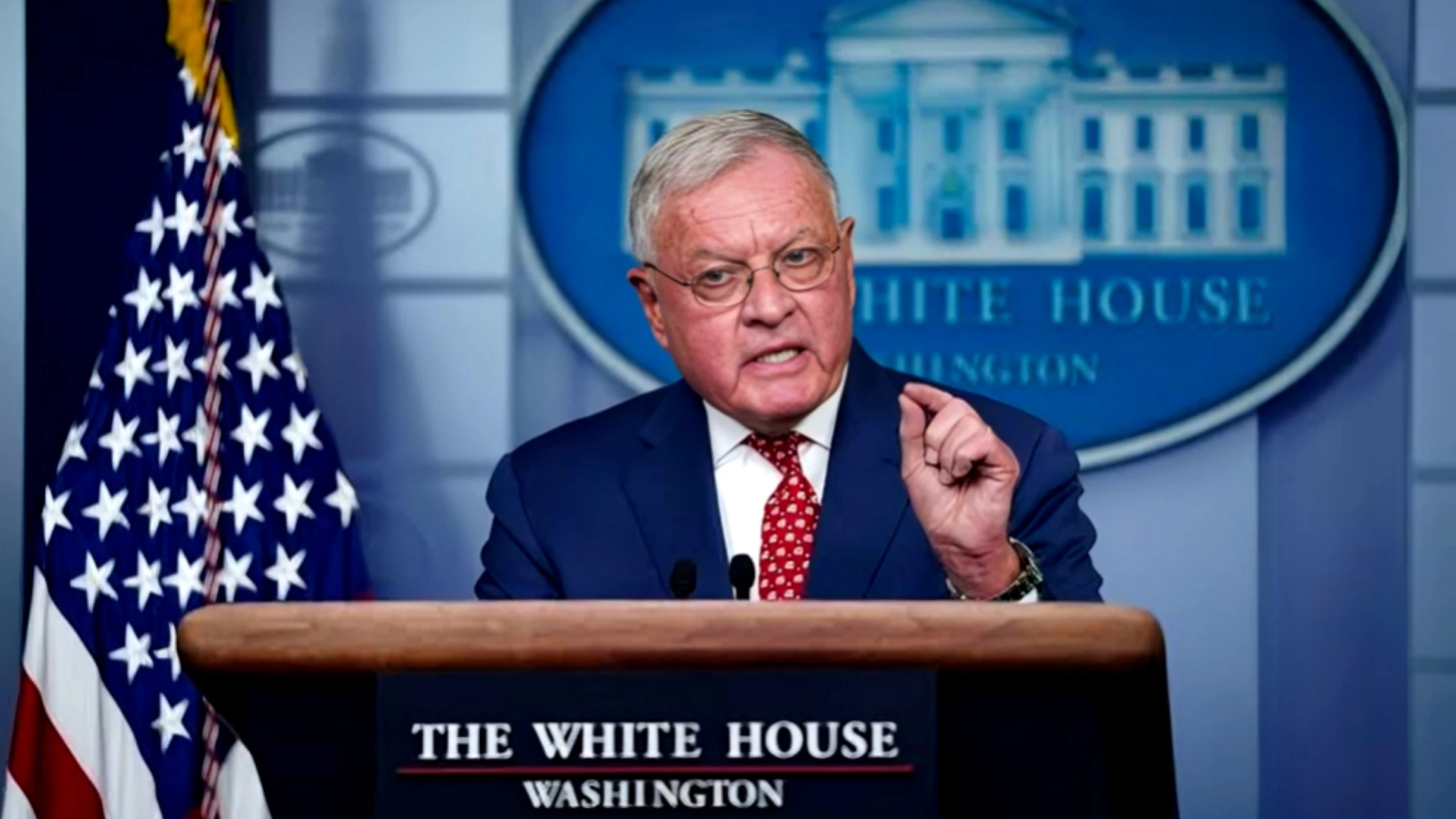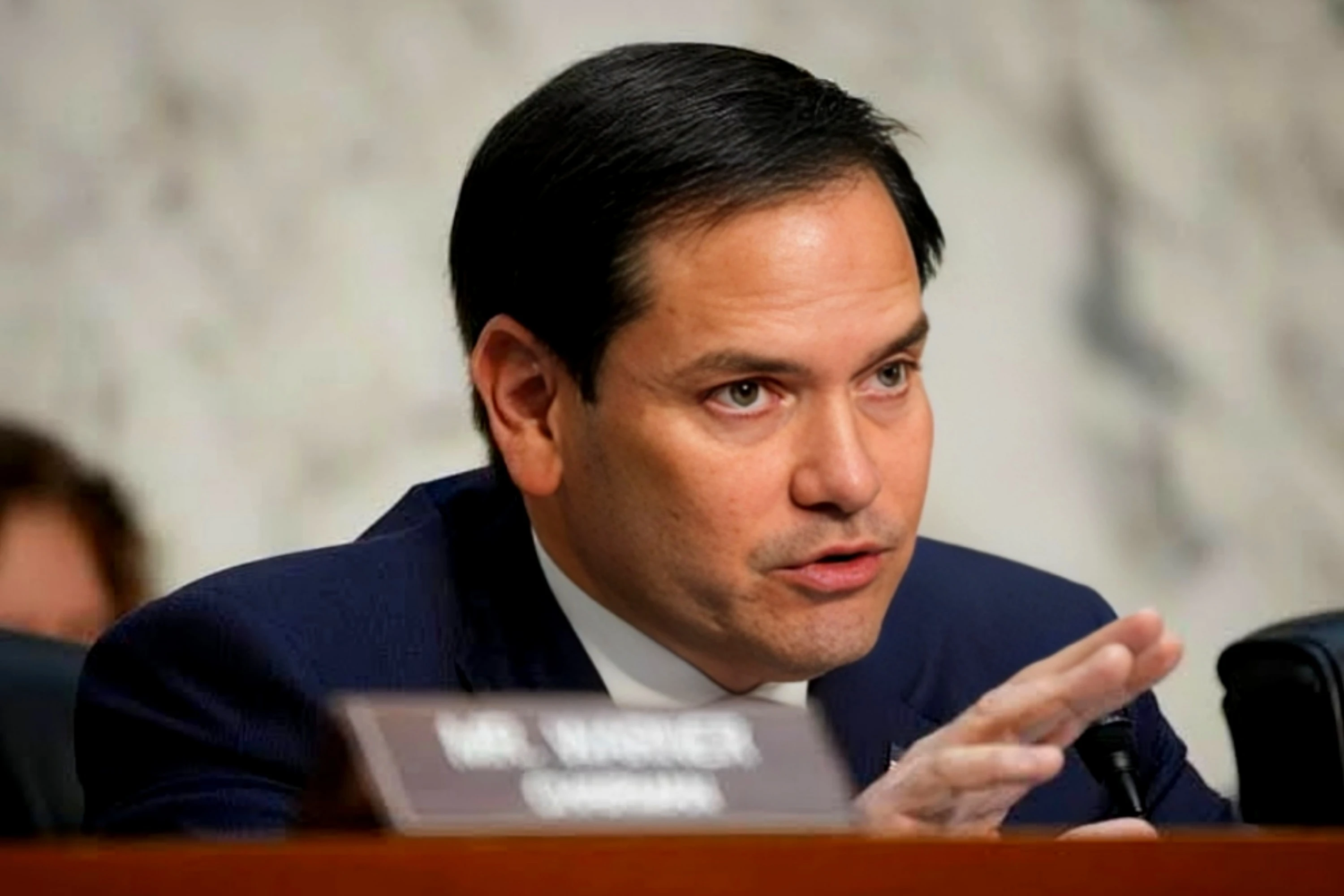Hunza, Gilgit Baltistan: Residents of Hunza, in Pakistan-administered Gilgit-Baltistan, have entered the fifth consecutive day of protests against severe power outages. The sit-in is being held at Aliabad, the central hub of Hunza, blocking the strategic Karakoram Highway, which links Pakistan with China.
According to the Gilgit-Baltistan Chamber of Commerce, the blockade has caused a backlog of at least 350 containers and 750 trucks transporting goods between Pakistan and China. Chairman of the chamber, Ashfaq Ahmed, expressed concern over the financial losses faced by local businesses, estimating daily losses of PKR 50,000 per container. He added, “This protest should extend across all of Gilgit-Baltistan to end the chronic power shortage.”
Former member of the Gilgit-Baltistan Assembly and ex-president of the Chamber of Commerce, Javed Hussain, warned of escalating unrest if the issue is not resolved. He claimed that addressing Hunza's power crisis with thermal power until March would require only PKR 30 million, accusing the government of a lack of seriousness in resolving the matter.
The protest is being spearheaded by the Awami Action Committee Hunza, a coalition of political parties, civil society organizations, and traders. Its president, Comrade Baba Jan, clarified that the demonstration is non-political and solely focused on resolving the region’s energy crisis. “There’s no electricity in our homes, and temperatures are below freezing. Whether we sit in the square or stay home, our situation is the same,” he said. He emphasized that the government could address the crisis by cutting its expenditures but has failed to act.
In response, Gilgit-Baltistan government spokesperson Faizullah Faraq acknowledged the region's longstanding electricity woes, attributing the winter power crisis to reduced water flow in streams that power local hydroelectric plants. “This is not a new issue; resolving it will take time,” he said. The government has initiated new energy projects, some of which are underway, and aims to improve the situation in the long term.
However, he stressed the financial constraints faced by the Gilgit-Baltistan government, which operates on grants and is not included in the National Finance Commission (NFC) award. “Thermal power generation is extremely expensive, and while we could provide electricity for 20 days, sustaining this until March is unfeasible,” he explained.
Faraq urged protesters to consider the government’s limitations and avoid turning the longstanding issue into a political or emotional matter. “We’ve tried to negotiate and convey our perspective, but the current environment is highly charged,” he added.
As the protest continues, concerns grow over its potential expansion across Gilgit-Baltistan, posing further economic and logistical challenges for the region.








